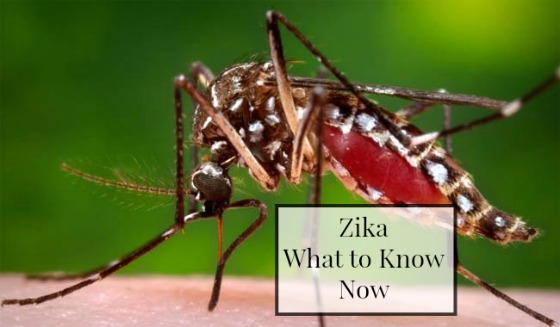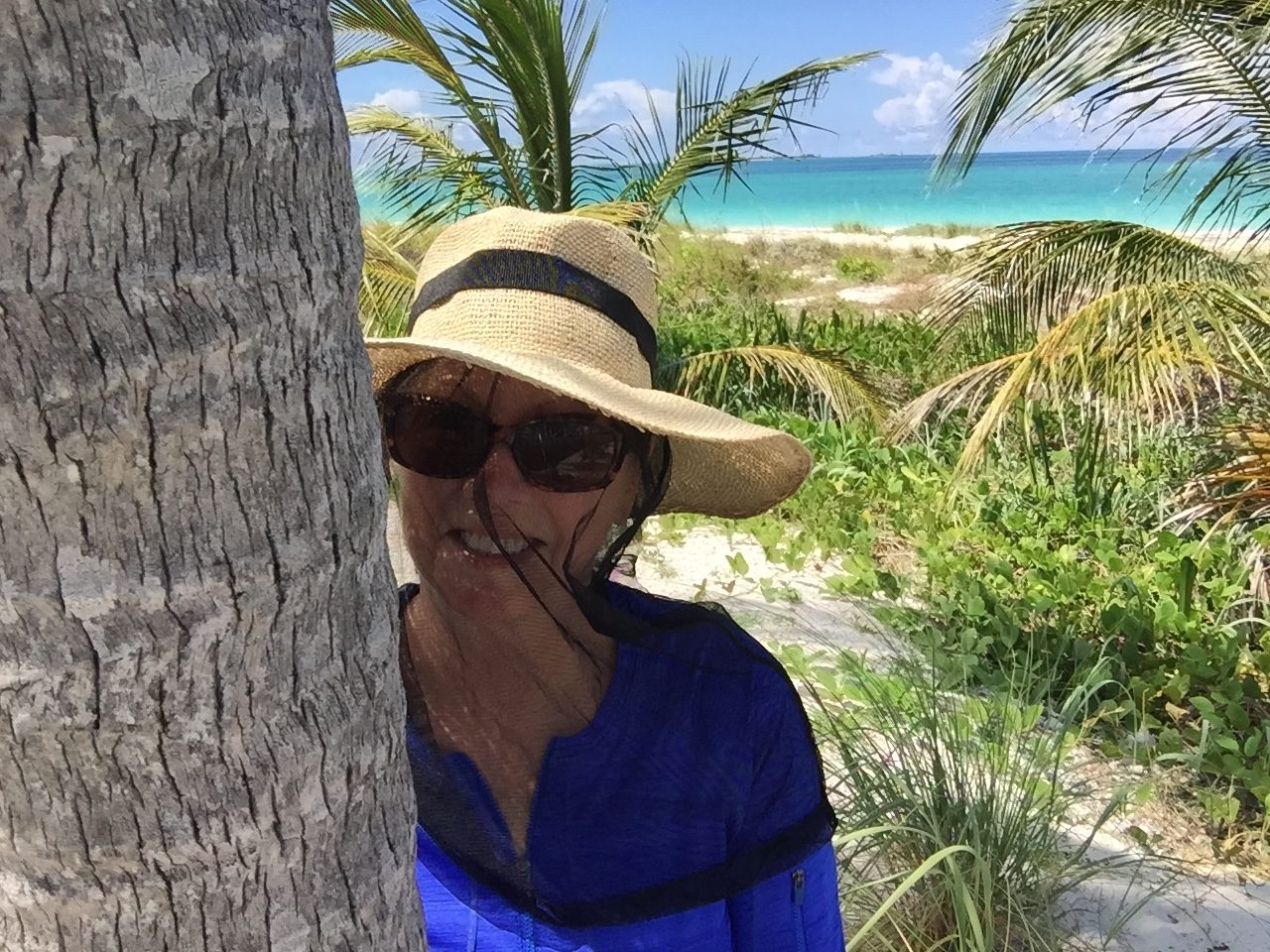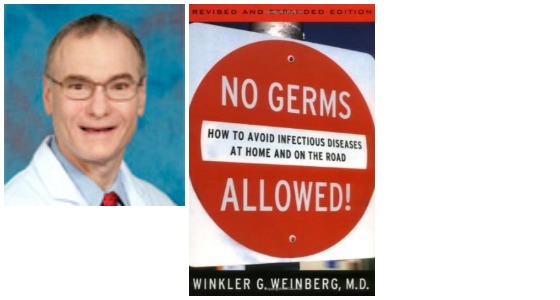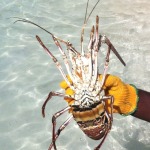The Zika Environment-What to Know Now
Today I am introducing a new column from author and infectious disease guru Dr. Wink Weinberg. I have known the good doctor for over 35 years and he is my go to guy when it comes to Travel and Infectious Disease. He will be addressing current travel topics on Green With Renvy and begins with the headline grabbing zika environment.

The Zika Environment-What to Know Now
There is a lot of information to process about Zika virus. You know that it has caused an explosive epidemic in Latin America. There are some other thoughts about Zika that might be more nebulous in your mind. You might be muddled about insecticides, sexual transmission, complications from the infection if you are not pregnant, and whether Zika virus is going to spread to your home city. Let me try to clear some of that up for you, as far as we know right now.
There are two things about insecticides and insect repellants that you might have questions about. First, accusations were made in Brazil that certain insecticides might cause microcephaly. In fact, microcephaly after Zika virus infection is due to growth of the virus in the brain of the fetus; it is not due to the inhalation of toxic vapors. Second, many people do not like insect repellants containing DEET. (I don’t like applying DEET myself, and we all know it’s relationship to the environment.) But there is no good alternative.
There are no personal mosquito-deterring products that work half as well as DEET. To avoid that chemical smell, greasy feel and any toxicity, try the following. Never spray insect repellants near mouth and nose. Light, loose-fitting, covering clothing is a great strategy for avoiding mosquito bites, and then the repellant can be applied to the clothes. Lower concentrations applied more frequently may work better for you.
A 6% solution of DEET will need to be re-applied in 1-2 hours and a 28% containing product lasts 5-6 hours. Insect repellants go over sunscreens, and not the other way around.
Now, let’s discuss sex! Although 99.9% of Zika virus infections are acquired by the bite of an Aedes mosquito, Zika virus can also be spread during sex. In this case, a man infected with Zika virus may spread the infection to his sex partners. In this way, pregnant women can expose their developing child to the virus without entering a country where there is active transmission. If you are a man who was diagnosed with Zika (or just had an undiagnosed fever after traveling anywhere south of the 50 states) you should protect your sexual partners for 6 months. If your partner is pregnant, you should follow these precautions even if you were not sick when you were in an active transmission zone, because not every Zika infection causes symptoms.
A typical case of the virus infection is not so bad, not when you compare it to dengue, chikungunya, or yellow fever – some of the other viral infections transmitted by Aedes mosquitoes. Most people infected with Zika virus won’t even know they have the disease because they won’t have symptoms at all. The most common symptoms of Zika are fever, rash, joint pain, and red eyes. Other common symptoms include muscle pain and headache. The illness is usually mild with symptoms lasting for several days to a week.
However mild the infection is, two dreaded complications may follow. One, of course, is microcephaly or other fetal developmental abnormalities. The other has nothing to do with pregnancy; it is a form of weakness or paralysis called Guillain–Barré syndrome . GBS has already followed Zika virus infection in 100 Columbians and about 10 U.S. citizens in Puerto Rico. The numbers are sure to rise.
If there is any good news about the Zika virus epidemic, it is that it is not likely that you will ever catch Zika virus in your home town if you live in the 50 U.S. states. (This is not true for Puerto Rico and some other U.S. territories.) You may have heard from government announcements that the States should be prepared for a Zika epidemic, and there is nothing wrong with preparedness. However, chikungunya and dengue viruses are transmitted in a very similar manner to Zika and those epidemics have not marched northward through the U.S. (A rare case of dengue may have been acquired in South Texas and South Florida.)
The main reason most mosquito-borne diseases don’t get established in the U.S. is that we get less mosquito bites. We spend less time outdoors; we are more likely to have screens on open windows; and we spend more time in air-conditioned buildings than people do in Latin America. Global warming in the environment is not going to change this.
West Nile virus is a mosquito-borne disease that did spread around the States. The difference with West Nile is that it lives in birds, too, and birds carried the virus around the country and brought it into proximity to people who might be spending time out of doors. Birds are a “reservoir” of West Nile virus, but Zika (and chikungunya, dengue, and yellow fever) have no reservoir in the States.
Knowledge is power. I hope I have helped you gain some power over the Zika virus.

Dr. Weinberg and his wife, Lynn, hiking in Iceland.
Wink Weinberg has been a practicing Infectious Disease specialist for over 30 years. He is certified by the International Society of Travel Medicine and has written extensively about travelers health, including his information filled book “No Germs Allowed”. In his spare time he enjoys traveling, woodworking, raising bonsai, exercising and grand-parenting.
Would the current Zika environment change your travel plans?






































Excellent post! At Book Club last night, we were talking about how Dengue Fever can be worse for older adults than getting the Zika virus. Of course, it’s different for young women – and they would want to be cautious about traveling to countries where Zika virus is prevalent.
Thanks for taking the time to comment Janice. There is certainly a lot to digest about zika-no matter what age you are. I was interested to learn about he tie to Guillain Barrée syndrome as well. I know several people who have suffered through that debilitating syndrome as well.
Thank you for the calm, educated and clear advice. I’m not of child-bearing age but mosquitos love me. As I love traveling in the tropics DEET has become my go to. It’s no fun to get sick or pass on devastating Zika problems. I hope that your info is spread far and wide.
As someone who’s ankles mosquitos find quite tasty, I was glad to be informed and I did not know it could be sexually transmitted. All good info, that maybe we in turn can pass along to someone else.
Thanks Elaine, as Dr. Wink said ‘knowledge is power’. Appreciate the comment.
Great post! There is always so many horror stories and exaggerations about tropical diseases that it’s good to hear from a doctor about what the current situation actually is!
Dr. Wink did a great job of presenting the situation with out having to take in too much information. The writing , I thought was really user friendly. Thanks.
We traveled through South and Central America for almost 9 months last year. It seems that it happened to be the perfect timing. I am not sure if I’ll be willing to take the same route in light of all these Zika developments. As they say, ignorance is bliss: last year the primary concern was about chikungunya (there was an epidemic in Colombia and Peru), but nobody was talking about Zika yet.
Thank you for the post: great to find all necessary information about Zika virus in one place with a clear explanation of potential health problems.
Appreciate your taking the time to comment and share how it would affect your travels Elena. I’m still on the fence about traveling to an infected area right now.
The world is certainly getting much smaller as more people travel. Thanks for educating me so that I can protect myself! Like you said, knowledge is definitely powerful!
Great information! I’m looking forward to reading more information from the Dr. on your site.
I appreciate the complete and clear information in this post. Mosquitoes love me and sometimes I react quite badly to bites (they swell up and itch). I am not crazy about the feel and smell of repellents but I know I need to use them.
A Lot of good information, thanks! David had Dengue on St. Croix and it is horrible, but none of these diseases are going to keep us from traveling.
Great advice. I always think the most simple ways are most effective. Covering up or using deet has always worked and if you aren’t getting bitten then you are much less likely to contract anything. I’m glad to see something calm that doesn’t scream don’t travel!
Even though my first instinct is to say ‘Hey, I’m not planning on getting pregnant at 55, I’m safe!”, it was very interesting to read about other risks associated with Zika. Thanks for taking the time to spread fact, not fiction.
Love the new column, and great info on Zika – facts vs. fiction. Although pregnancy is not a risk, mosquitos love me!
Yes, we boomers are free and clear of the pregnancy worry, but I had no idea zika virus could be associated with Guillain Barré syndrome. Good info.
Very informative and authoritative post. This column will really be an asset to the readers of your blog!
Thanks Irene. I think there are many topics that relate to travelers and infectious disease. I’m glad it’s of interest.